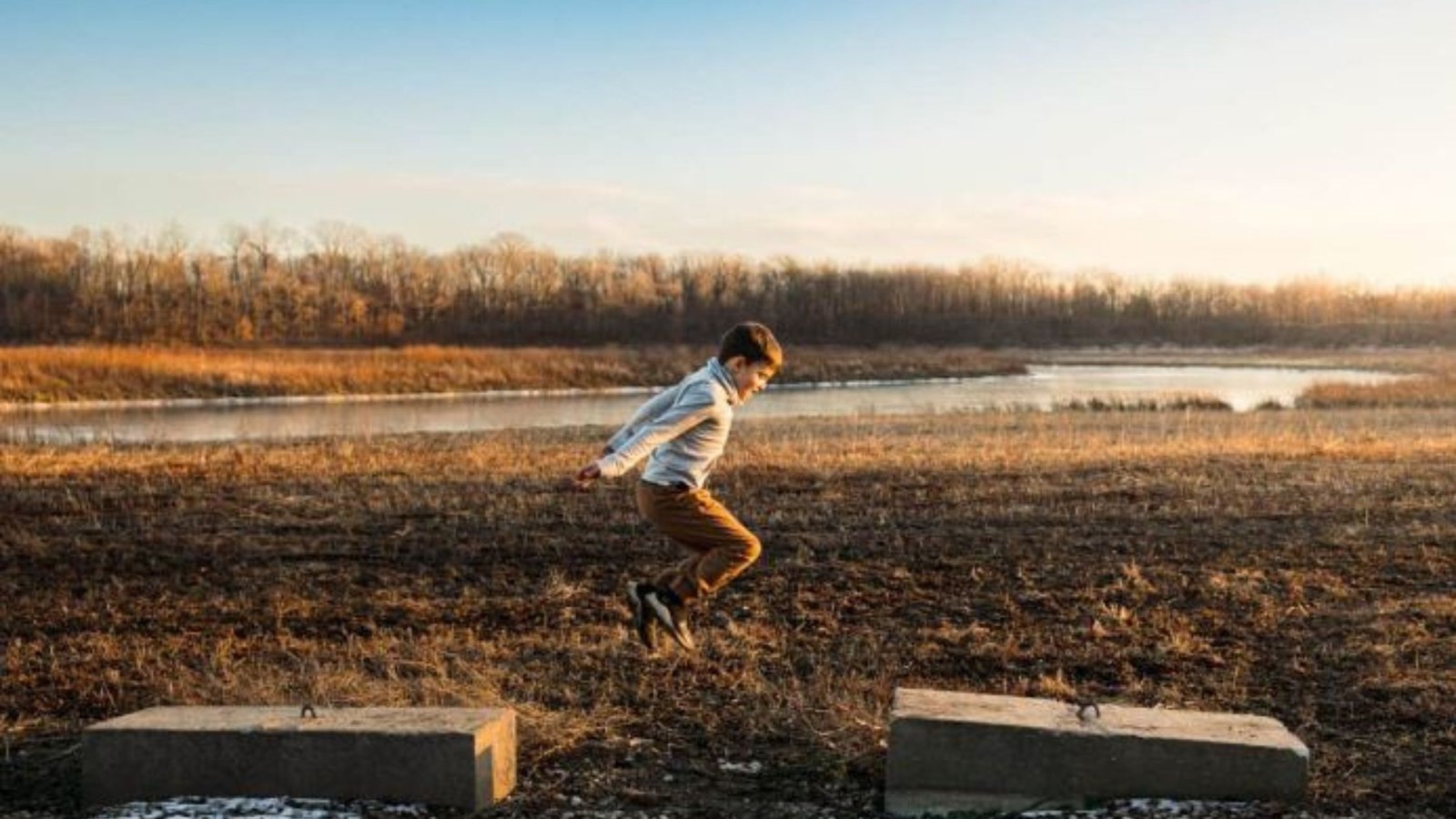Proper hydration is crucial for enjoying outdoor activities safely and comfortably. Whether you’re hiking, camping, or participating in other outdoor pursuits, staying hydrated ensures you maintain energy levels and prevent dehydration. Here’s how to stay hydrated during your outdoor experiences.

Start Hydrating Beforehand
Begin hydrating well before your outdoor adventure. Drink water throughout the day leading up to your activity to ensure you start properly hydrated. Avoid starting your outdoor experience already thirsty.
Pack Sufficient Water
Carry an adequate supply of water based on the duration and intensity of your outdoor activity. Plan to drink at least 0.5 to 1 liter of water per hour, depending on factors like heat, humidity, and exertion level. Use a hydration pack, water bottles, or a combination of both for easy access.
Drink Regularly
Establish a drinking schedule and aim to drink small amounts of water frequently rather than large amounts infrequently. Sip water every 15-20 minutes, even if you don’t feel thirsty, to maintain hydration levels.
Monitor Urine Color
Monitor your urine color as a simple indicator of hydration status. Light yellow or clear urine generally indicates adequate hydration, while dark yellow or amber-colored urine may indicate dehydration.
Balance Electrolytes
During prolonged outdoor activities, especially in hot weather, replenish electrolytes lost through sweat. Consider electrolyte-enhanced drinks or electrolyte tablets to maintain a proper balance of sodium, potassium, magnesium, and calcium.
Avoid Alcohol and Caffeine
Limit consumption of alcohol and caffeine, as they can contribute to dehydration. If you choose to consume these beverages, do so in moderation and compensate with additional water intake.
Eat Hydrating Foods
Incorporate hydrating foods into your meals and snacks. Fruits like watermelon, oranges, and berries are high in water content and can contribute to your overall hydration. Soups, broths, and vegetables with high water content are also beneficial.
Protect Against Heat Exhaustion
Stay aware of heat-related risks and take precautions to prevent heat exhaustion or heat stroke. Seek shade during breaks, wear lightweight and breathable clothing, and avoid strenuous activities during peak sun hours.
Use Hydration Aids
Consider using hydration aids such as insulated water bottles to keep your water cool in hot weather. Drink from a hydration pack with a tube for easy access while on the move. Experiment with different hydration systems to find what works best for you.
Rehydrate After Activity
After completing your outdoor adventure, continue to drink water to replenish fluids lost during exertion. Focus on rehydrating with water and electrolyte-rich beverages to support recovery and prevent post-exercise dehydration.
Conclusion
Staying hydrated during outdoor experiences is essential for maintaining health, performance, and enjoyment. By prioritizing hydration before, during, and after your outdoor activities, you can ensure optimal fluid balance and avoid the negative effects of dehydration. Follow these tips to stay hydrated effectively and make the most of your time in the great outdoors.











